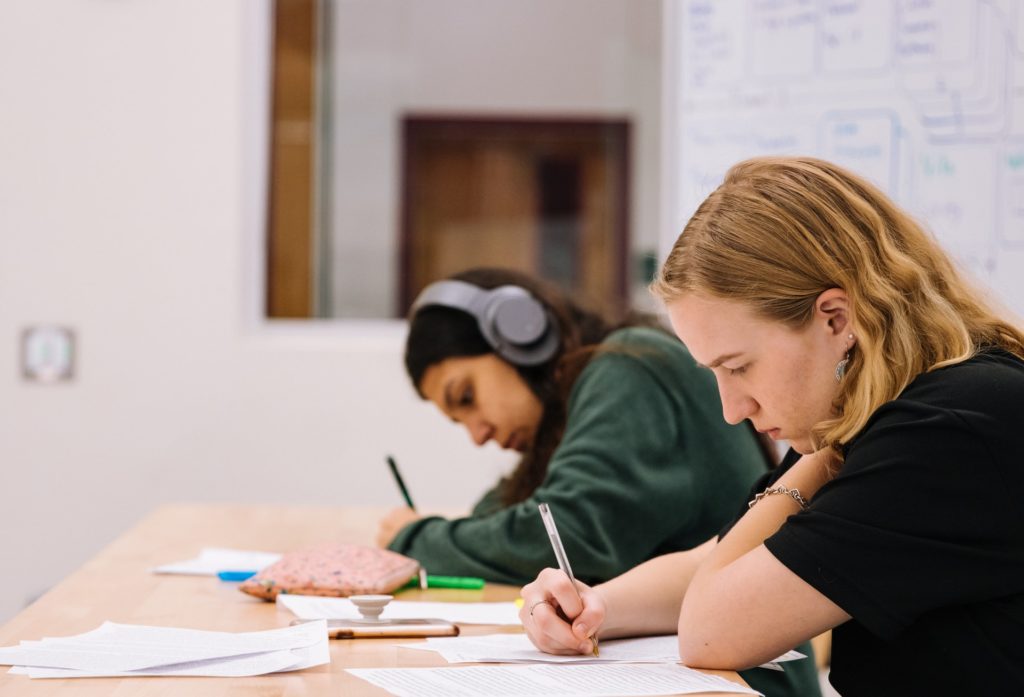The Netherlands has released a guide to encourage Dutch teachers to use more inclusive language in the classroom. While pupils' organisations in Flanders are welcoming the initiative, Flemish Education Minister Ben Weyts dismissed it as "woke madness."
The Dutch pupils' organisation (Landelijk Aktie Komitee Scholieren – Laks) identified words and phrases to which pupils could take offence and has released a language advice guide to encourage teachers to talk more inclusively – by saying "good morning, everyone" instead of "good morning, boys and girls" by way of greeting, or using "enslaved people" instead of "slaves" during history lessons, for example.
Even though the guide only seeks to give advice to teachers and has no application in Belgium (it is Dutch) but Flemish Education Minister Weyts immediately took to Twitter to call out the initiative as "woke madness".
"Let's first teach everyone to speak, read and write proper Dutch," he wrote, referring to the recent headlines about young children's insufficient Dutch skills. "Surely no sensible person is offended by a term like 'primary school'? Or does banning or replacing 'repeating a year' change anything about the reality of having to do so?"
But it seems that the Education Minister might have been overstating things, as the example of replacing the term 'primary school' does not show up in the guide. The Dutch pupils' organisation does propose to stop saying 'highly or poorly educated' and instead refer to the specific course(s) taken.
Related News
- Belgium in Brief: 'Woke wars' and the decline in public debate
- Vlaams Belang and N-VA race to the bottom in anti-woke attack
- Antwerp instructs local theatre to replace 'woke' photos with classical paintings
In recent weeks, Weyts' party (he is a member of the Flemish rightwing N-VA party) has been making headlines by launching several attacks on so-called "wokeism" in society. Importantly, the pupils' organisation underlined that its guide is no black list of forbidden words, but aims to provide those who want to speak more inclusively with tips to counter unconscious discrimination and inequality at school.
All the same, the guide caused quite a stir in the Netherlands as several politicians and teachers stated that no organisation should dictate how teachers can or should express themselves in class and used the guide to take aim at the so-called "woke" culture.
The pupils' organisation in Flanders, on the other hand, did applaud the initiative and told De Standaard that it is a good thing that the debate is being opened. "If pupils feel more engaged by teachers communicating in a gender-neutral way, what's the fuss all about?"

